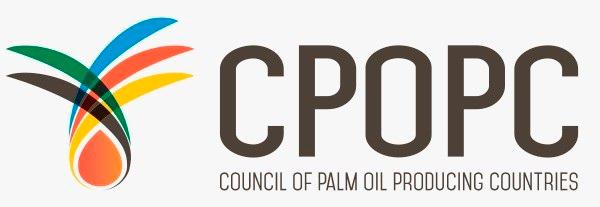KUALA LUMPUR: Palm oil producing countries should remain calm and optimistic next year and not get nervous about facing the European Union Deforestation Regulation (EUDR) that will be enforced in 2025, said the Council of Palm Oil Producing Countries (CPOPC).
Its secretary general Dr Rizal Affandi Lukman, said the council stands ready in communicating all of the preparations under the joint task force which focuses on five work streams – ensuring the inclusion of smallholders in the supply chain; recognition of national certification schemes (Malaysian Sustainable Palm Oil (MSPO) and Indonesian Sustainable Palm Oil (ISPO); establishment of traceability tools; country benchmarking; and protection of private data.
“We don’t have to be nervous in approaching this because under the joint task force, CPOPC stands ready in ensuring in communicating all the preparations.
“So, just be confident that we can pass through all the preparations smoothly next year once the EUDR is implemented,” he told the media after presenting a roundtable discussion titled ‘How CPOPC views the Challenges and Opportunities of Palm Oil Industry in 2024 here on Tuesday.
The European Union (EU) announced the EUDR on Dec 6, 2022, stating that the regulation is aimed at preventing deforestation due to agricultural activities.
Deputy Prime Minister Datuk Seri Fadillah Yusof, who is now also Energy Transition and Public Utilities Minister, said the regulation’s implementation is based on unsound reasoning and has a weak scientific basis.
The former Plantation and Commodities Minister formed a mutual agreement with Indonesia’s Coordinating Minister for Economic Affairs, Dr Airlangga Hartarto, to protect the interests of the palm oil sector by strengthening efforts in dealing with the discrimination against the industry.
In May, Fadillah and Airlangga went on a joint mission to the EU to defend the palm oil industry and, after the mission, they established an ad hoc task force to find solutions to compel the EU to consider the views of producing countries and discuss the effects of the regulations on the producers, particularly smallholders, and the guidelines on the implementation.
Meanwhile, CPOPC deputy secretary-general Datuk Nageeb Wahab said he acknowledged that 2024 is going to be challenging, but the council will focus on the joint task force addressing the issues resulting from the EUDR.
“Besides the EUDR, we expect new legislation on forced labour to come out,” he said.
Nageeb said the CPOPC had organised the Sustainable Vegetable Oil Conference in Bali, Indonesia, in November 2022 and in Mumbai, India, in September 2023 in order to embrace the world’s main vegetables oil. The CPOPC plans to organise the third such conference in the Netherlands in September next year to discuss sustainability standards within different vegetable oils, among others.
“This conference can get the attention of the European media as by that time the EUDR will be implemented within three months,” he added.
CPOPC sustainability and smallholder director Witjaksana Darmosarkoro said palm oil producing countries are expected to collaborate on a stronger, visible and effective response in communicating about the palm oil industry to the world.
It was reported that CPOPC aims to have 93% of the world’s palm oil producing countries as members by next year, and countries such as Thailand, Papua New Guinea, Colombia, Ghana, and Nigeria are expected to be on board by then. – Bernama









